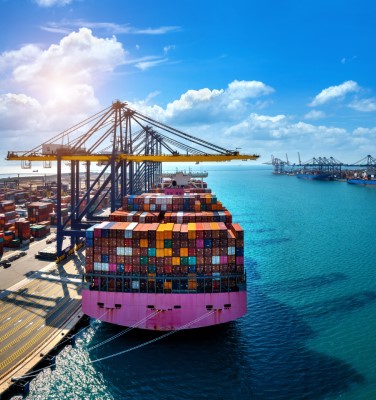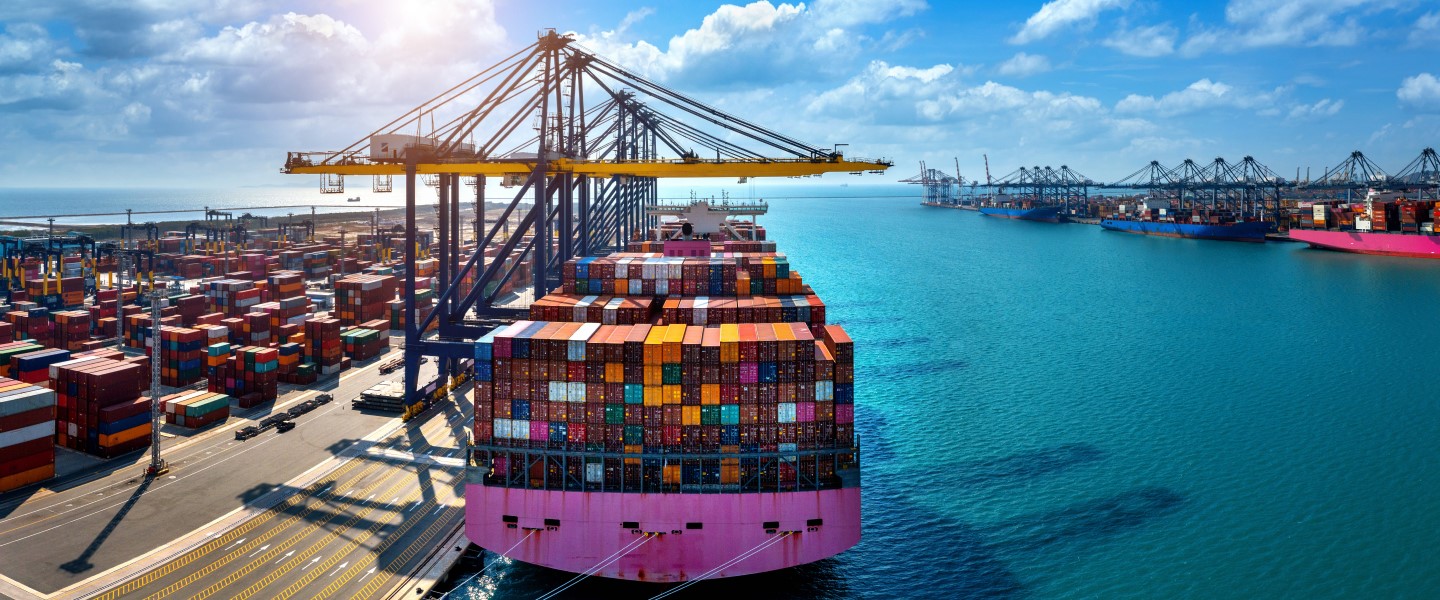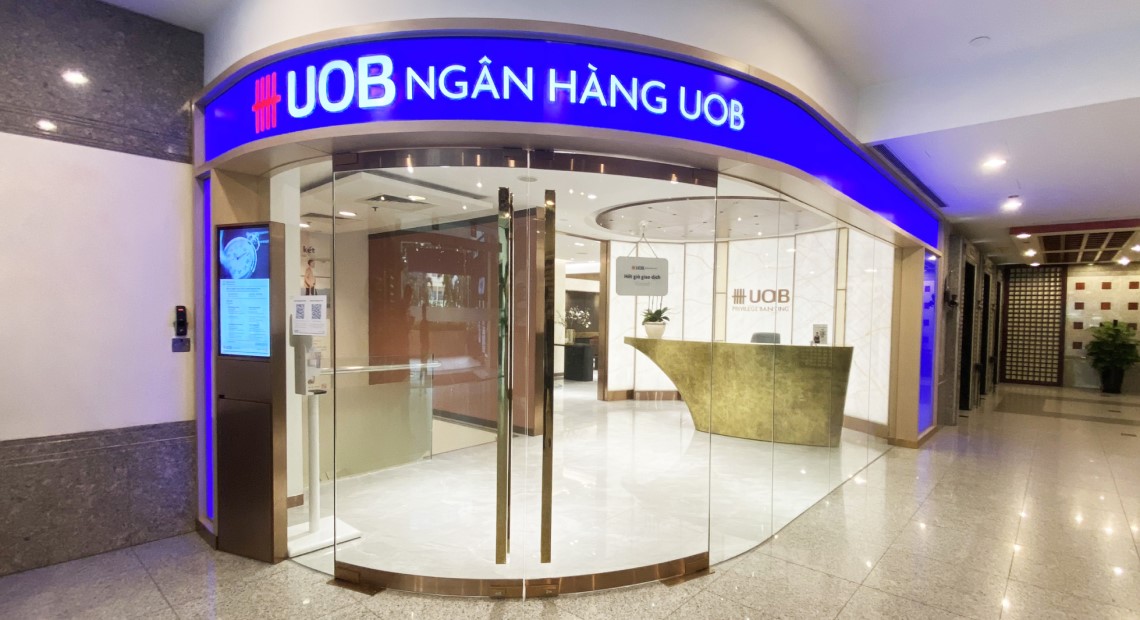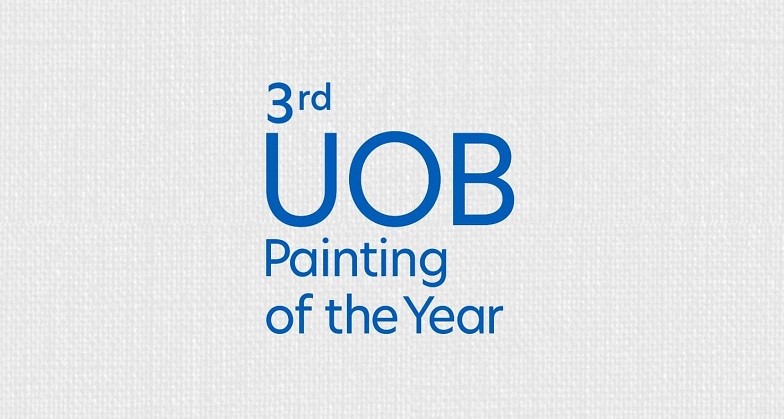Majority of Vietnamese businesses expect intra-ASEAN trade to grow following the announcement of US tariffs

Ho Chi Minh City, 25 June 2025 – Following the United States’ announcement of 46 per cent reciprocal tariffs on 2 April 2025, Vietnamese businesses are taking proactive steps to manage the impact. Despite uncertainty, 60 per cent of firms remain optimistic about the year ahead, and 46 per cent plan to accelerate overseas expansion, according to the UOB Business Outlook Study 2025.
The 90-day pause by the US government has allowed time for trade negotiations – enabling companies to act swiftly to stabilise supply chains and control rising costs. About 52 per cent expect significant increases in raw material and production costs, while 30 per cent anticipate higher inflation. To cope, businesses are diversifying suppliers, boosting localisation, and reducing reliance on the US market. Nearly 70 per cent foresee growth in intra-ASEAN trade, highlighting the region’s rising importance.
In addition, firms are doubling down on digitalisation and sustainability as key strategic pillars — 61 per cent and 56 per cent of Vietnamese businesses respectively plan to step up their efforts in these areas. While digitalisation is expected to enhance operational efficiency and improve customer experience, adopting sustainability practices can help businesses attract investors and strengthen their corporate reputation — factors that are increasingly important in navigating the uncertainties brought about by the US tariffs.
Beyond self-driven initiatives, businesses in Vietnam are also seeking support from the government and financial institutions to tide over the current challenges. In the near term, financial assistance remains a critical need — 73 per cent of firms are looking for financial relief to cushion the impact of the tariffs, while 65 per cent hope for targeted subsidies or tax exemptions for the most affected sectors. From a strategic standpoint, businesses are also calling for longer-term support, including bilateral trade agreements with key markets and assistance with supply chain relocation. These were cited by 62 per cent of respondents.
Mr Lim Dyi Chang, Head of Commercial Banking, UOB Vietnam, said, "We remain optimistic about Vietnam’s economic outlook despite the recent tariff uncertainties. The country’s sound fundamentals, recent policy reforms and the swift actions taken by the business community are encouraging. These developments also present an opportunity for Vietnamese firms to recalibrate their strategies — to reduce over-reliance on individual export markets and to tap into the growing strength of intra-ASEAN trade. As highlighted in our Business Outlook Study 2025, strategic adaptability will be key differentiator for enterprises in this evolving landscape. With our regional network and deep sector expertise, we are well-placed to support enterprises in enhancing efficiency, managing cost pressures, and achieving long-term sustainable growth."
The main research for the UOB Business Outlook Study 2025 was conducted in January 2025, surveying around 4,200 businesses across ASEAN and Greater China, including 532 from Vietnam. Following the announcement of US tariffs in early April 2025, a follow-up dipstick survey was conducted from 9 to 12 April with approximately 800 businesses.
Now in its sixth year, the UOB Business Outlook Study covers seven key markets: Singapore, Indonesia, Malaysia, Thailand, Vietnam, Mainland China and Hong Kong SAR. The study delves into several key areas crucial for business growth and adaptation in the evolving economic environment.
Overseas expansion remains a priority, with ASEAN markets in focus
Interest in overseas expansion remains robust among Vietnamese firms, with nearly 90 per cent looking to grow beyond local borders — primarily to drive revenue and profitability. Post-tariffs, 46 per cent of businesses expect to accelerate their expansion efforts.
ASEAN continues to be the top region of interest, both in 2024 and over the next one to three years, with Thailand and Singapore emerging as preferred destinations. Beyond Asia, Europe has also gained prominence, with one in four businesses identifying it as a key market for current and future expansion.
Top barriers to overseas expansion include finding the right business partners, limited funding or regulatory support, and a lack of market information and collaboration. Businesses are seeking support in the form of:
- Connections to large corporates that can serve as anchor clients (45 per cent)
- Tax incentives or rebates (43 per cent)
- Funding and grants for market entry (41 per cent)
Supply chain
Supply chain management remains a top priority for 9 in 10 businesses in Vietnam, as geopolitical uncertainties continue to pose risks. The three key challenges identified include rising supply costs, disruptions to existing supply routes, and inventory management issues.
To address these concerns, Vietnamese businesses are diversifying their supplier base, digitalising supply chain processes, and strengthening supplier relationships. There is also a growing emphasis on localisation, with firms sourcing and operating closer to home to improve supply chain stability. In 2024, 72 per cent of businesses sourced from domestic suppliers, 67 per cent from within ASEAN, and 43 per cent from China.
Next-generation leaders driving business transformation
Vietnam leads the region with nearly 75 per cent of business leaders identified as next-generation—well above the regional average of 60 per cent. These leaders are mainly in operations and sectors like Industrials and Oil and Gas.
Globally educated and forward-thinking, they focus on long-term transformation through digital adoption, sustainability, and strategic innovation. Compared to traditional leaders, they are more advanced in using technologies like generative AI, cloud computing, AR, and blockchain.
Sustainability is a priority for over 95 per cent of next-gen leaders, many of whom are leveraging green loans and sustainable financing to attract investors and future-proof their businesses.
To access the full insights from the UOB Business Outlook Study 2025 – Vietnam edition, please visit: https://www.uobgroup.com/asean-insights/articles/uob-business-outlook-study-2025-vietnam.page
UOB Vietnam commenced operations officially on 2nd July 2018. It is a wholly-owned subsidiary of UOB, a leading bank in Asia with a global network of more than 470 branches and offices in 19 markets in Asia Pacific, Europe and North America.
UOB has been in Vietnam for 30 years, started from a representative office in 1993 and became the first Singapore bank to launch a branch in the country in 1995. Today, UOB Vietnam offers a range of personal and institutional financial services to both Vietnamese and overseas customers across the country backed by the seamless connectivity offered through UOB’s regional network. In 2019, UOB Vietnam expanded into northern Vietnam with a branch in Hanoi. With the completion of the acquisition of Citibank Vietnam’s consumer banking business early 2023, UOB now has a total five branches in Ho Chi Minh city and Hanoi.
Over more than eight decades, generations of UOB employees have carried through the entrepreneurial spirit, the focus on long-term value creation and an unwavering commitment to do what is right for our customers and our colleagues.
We believe in being a responsible financial services provider and we are committed to making a difference in the lives of our stakeholders and in the communities in which we operate. Just as we are dedicated to helping our customers manage their finances wisely and to grow their businesses, UOB is steadfast in our support of social development, particularly in the areas of art, children and education.






